Polycarbonates (PC) are a class of thermoplastic polymers renowned for their versatile properties and wide-ranging applications. In the realm of injection molding, PC stands out as a material of choice due to its exceptional characteristics and ease of processing. In this comprehensive guide, we delve into the intricacies of PC injection molding, exploring its properties, variants, and the essential conditions for achieving optimal results.
Polycarbonate Injection Molding Material:
Polycarbonates, often referred to as PC, encompass a group of thermoplastics distinguished by the presence of carbonate groups in their chemical structures. Renowned for their transparency, impact resistance, and ability to transmit light akin to glass, PC materials find extensive use in various industries. Notable applications include plastic lenses, automotive components, protective gear, and digital disks.
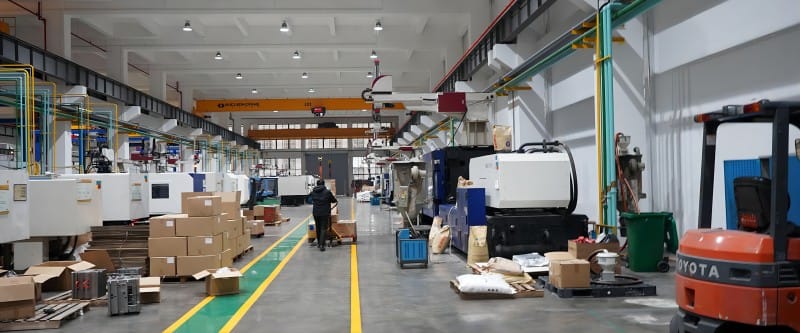
- Different Variants of PC Material: The genesis of PC injection molding traces back to the mid-20th century, pioneered simultaneously by GE in the US and Bayer in Germany. Today, numerous companies worldwide produce PC materials, each with unique formulations and trade names. Prominent variants include Lexan® by SABIC and Makrolon® by Bayer MaterialScience, offering distinct properties tailored to specific applications.
- Toxicity Concerns and Harmlessness: While PC materials are generally regarded as safe, concerns arise regarding the release of Bisphenol A (BPA) during hydrolysis, potentially posing risks when in contact with food. However, BPA-free alternatives are available, particularly suited for applications involving food or water.
- Characteristics of PC Injection Molding Material: PC boasts exceptional properties, including high impact resistance, heat resistance, clarity, flame retardancy, and stain resistance. Its molecular structure, anchored by bisphenol A, imparts a high glass transition temperature and remarkable toughness. The material’s mechanical properties are influenced by its molecular weight, with higher molecular weight grades offering superior mechanical strength.
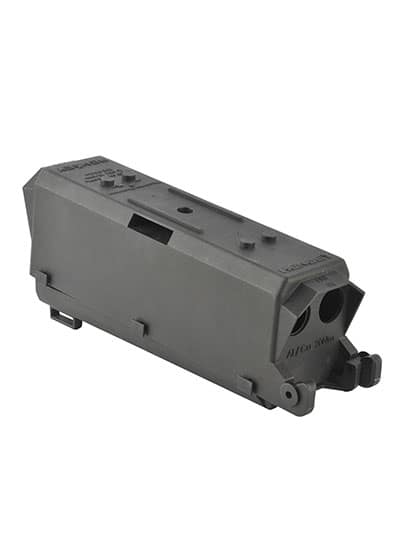
Conditions of the PC Injection Molding Process
Achieving optimal results in PC injection molding necessitates meticulous attention to processing conditions. Pre-drying is imperative to mitigate moisture absorption, with recommended drying temperatures ranging from 100 to 120 degrees Celsius. Maintaining precise melting and mold temperatures is crucial, with variations tailored to the specific grade of PC being processed. Injection molding pressure should be maximized to facilitate rapid molding, while injection speeds must be adjusted based on gate type and component size.
| Condition | Temperature (°C) | Temperature (°F) | Notes |
| Drying | 100 – 120 | 212 – 248 | Pre-dry for 3 to 4 hours. Keep moisture content below 0.02% before starting the process. |
| Melting Point | 260 – 340 | 500 – 644 | Higher temperatures for low MFR PC grades, and vice versa. |
| Mold Temperature | 70 – 120 | 158 – 248 | Higher temperatures for low MFR PC grades, and vice versa. |
| Plastic Injection Molding Pressure | High as possible | – | Enable fast molding. |
| Plastic Injection Molding Speed | Variable | Variable | Adopt slow speeds for small-sized or edge gate. Adopt higher speeds for other gate types. |
PC Injection Molding
In conclusion, PC injection molding offers a myriad of possibilities for manufacturers seeking robust, transparent, and impact-resistant components. By understanding the material’s properties, variants, and the critical parameters governing the injection molding process, manufacturers can harness the full potential of PC to meet the demands of diverse applications with precision and efficiency.

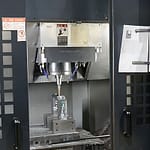
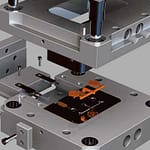

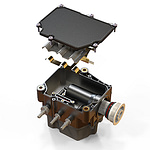
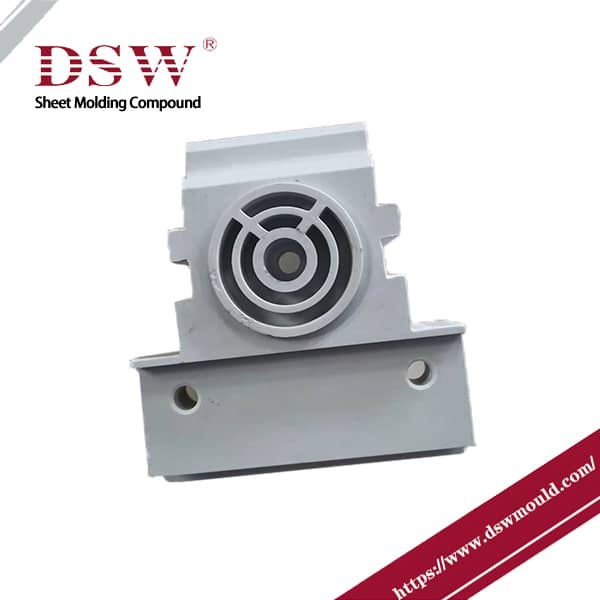
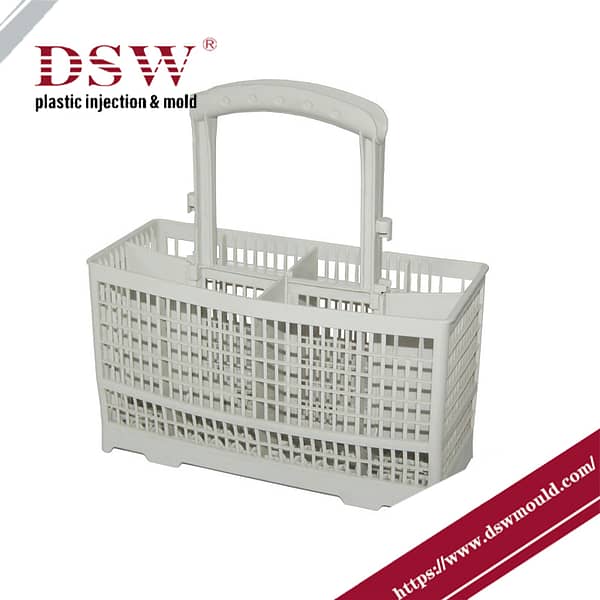
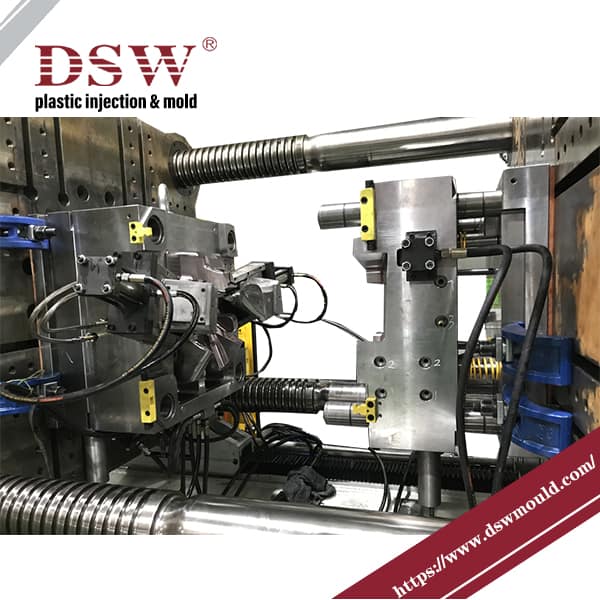
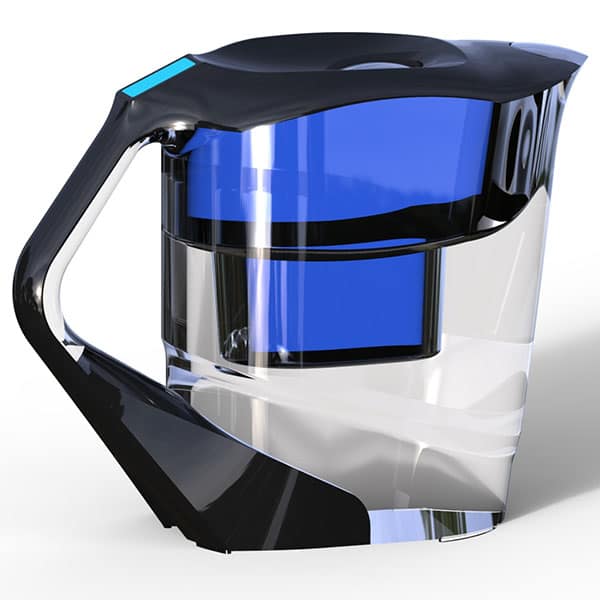



No comment